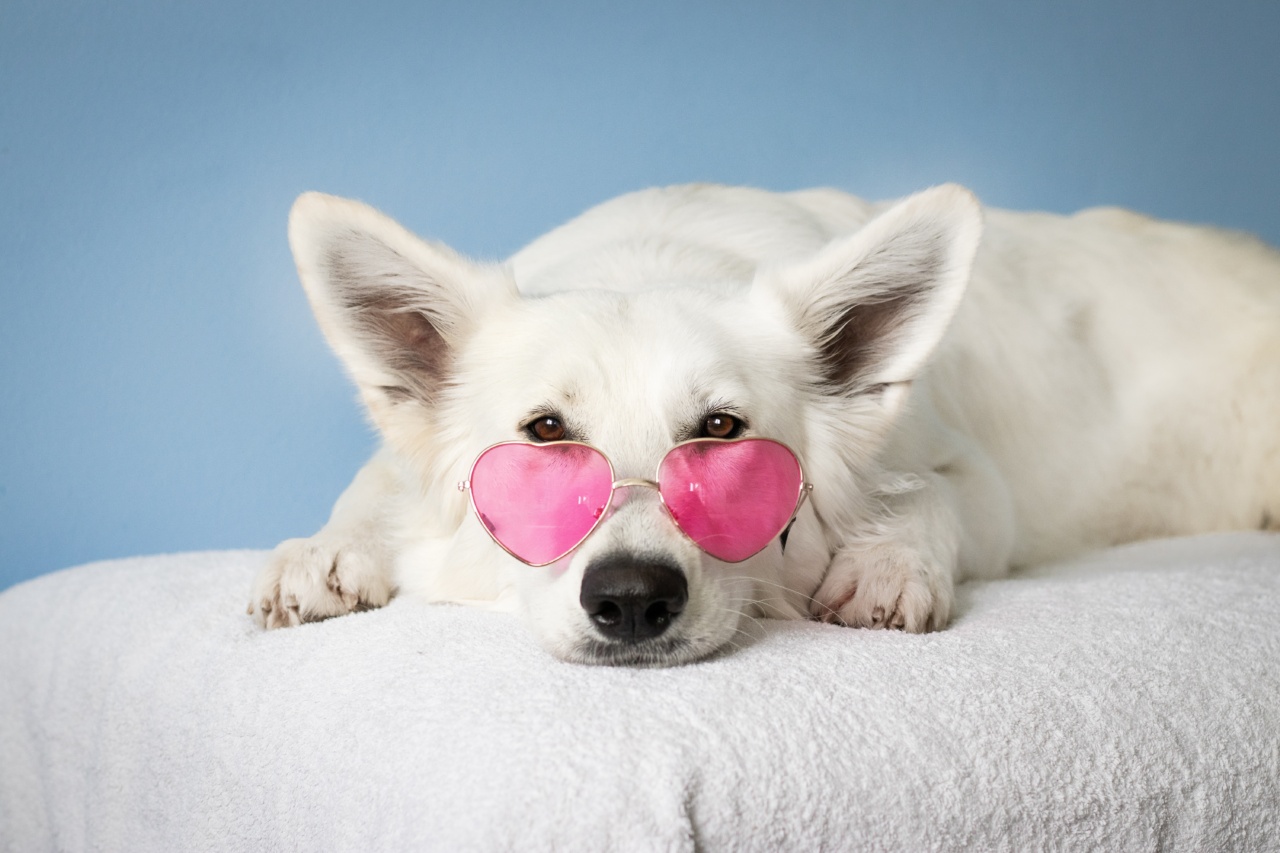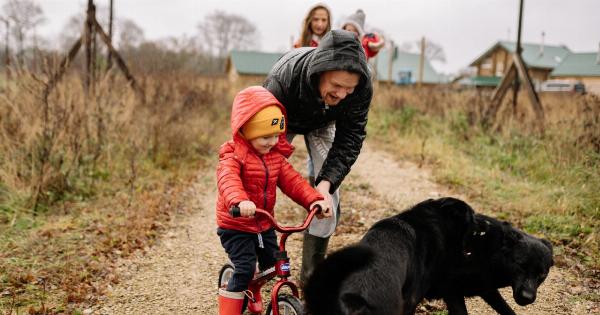A canine specialist is someone with expertise in dog behavior, health, and training. Canine specialists can include veterinarians, animal behaviorists, and dog trainers.
A canine specialist may work in a variety of settings, such as animal hospitals, animal shelters, or private practice.
Assessing Fear in Dogs
Fear is a natural emotion for dogs, but it can become a serious problem if it’s not addressed. Fear can lead to aggression or other negative behaviors.
Canine specialists know how to assess fear in dogs and use this information to develop a plan to help the animal feel more comfortable.
Common Signs of Fear in Dogs
There are many signs that a dog is afraid. Some of the most common include:.
- Tail tucked between the legs
- Whining or whimpering
- Trembling or shaking
- Panting
- Trying to escape
- Hiding
- Barking or growling
- Showing teeth
Canine specialists will observe the dog’s body language and behavior to determine if the animal is suffering from fear. They may also conduct a physical examination to rule out any medical issues that could be causing the behavior.
Addressing Fear in Dogs
Once the canine specialist has assessed the dog’s fear, they will develop a plan to address the issue. The plan may involve desensitization, counter-conditioning, or behavior modification.
Desensitization involves exposing the dog to the thing they’re afraid of in a controlled environment. This allows the dog to gradually get used to the object or situation. Counter-conditioning involves pairing the feared object or situation with something positive, such as a treat or a toy.
This can help the dog associate the feared thing with good things.
Behavior modification involves changing the dog’s behavior through positive reinforcement. This can involve teaching the dog new behaviors to replace the fear-based behaviors.
The goal is to help the dog feel more confident and comfortable in situations that previously caused fear.
Assessing Vision in Dogs
Assessing a dog’s vision is an important part of their overall health. Dogs rely heavily on their sense of sight, so any issues with their vision can have a significant impact on their quality of life.
Canine specialists know how to assess a dog’s vision and identify any issues that may be present.
Common Vision Problems in Dogs
There are several common vision problems that dogs can experience, including:.
- Cataracts: A clouding of the lens in the eye that leads to decreased vision.
- Glaucoma: Increased pressure in the eye that can lead to blindness if not treated.
- Progressive Retinal Atrophy: An inherited disease that causes the retina to degenerate, leading to blindness.
- Keratoconjunctivitis Sicca: Dry eye, which can cause irritation, discharge, and potential blindness if not treated.
Canine specialists will use a variety of tests to assess a dog’s vision, including visual acuity tests, pupil reflex tests, and funduscopic examinations.
By conducting these tests, the canine specialist can identify any issues with the dog’s vision and develop a treatment plan to address the problem.
Treatment for Vision Problems in Dogs
The treatment for vision problems in dogs will depend on the specific issue that’s present. For example, cataracts may require surgery to remove the clouded lens. Glaucoma may be treated with medication or surgery to reduce the pressure in the eye.
Progressive retinal atrophy is not treatable, but there are things that can be done to slow the progression of the disease.
Canine specialists may also recommend changes to the dog’s environment or routine to help them adapt to their vision loss.
For example, they may recommend using scent markers to help the dog navigate their environment, or changing the layout of the home to make it easier for the dog to get around.
Conclusion: The Importance of Canine Specialists
Canine specialists play an important role in assessing the behavior and health of dogs. By identifying and addressing issues such as fear and vision problems, they can help dogs live happier, healthier lives.


























